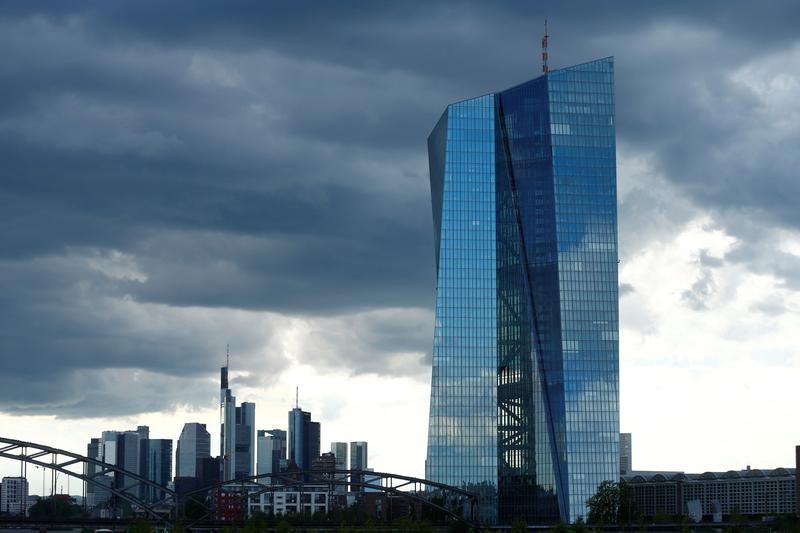(Bloomberg) -- Germany’s inflation rate fell further below zero as the pandemic curtailed demand, adding to the case for more monetary stimulus from the European Central Bank.
Consumer prices declined 0.4% in September, the steepest pace in more than five years. Europe’s largest economy is suffering a double blow from tepid consumption and a sales-tax cut the government introduced earlier this year to bolster the economy.
The drop that exceeded all but one forecasts in a Bloomberg survey follows a report showing consumer prices in Spain slid for a sixth straight month. It also suggests inflation in the euro area might come in below the -0.2% expected by economists. September data for the 19-nation bloc are due on Friday.
While the trend won’t surprise the ECB -- President Christine Lagarde has flagged such declines for the coming months -- some policy makers have started sounding the alarm.
Executive Board member Fabio Panetta has argued that the risk of providing too much stimulus is smaller than being “too shy,” and Bank of Spain Governor Pablo Hernandez de Cos said weak price pressures show there is “no room for complacency.” Lagarde and many of her colleagues, including ECB chief economist Philip Lane, will speak during a conference on Wednesday.
According to the ECB’s own forecasts, inflation is unlikely to reach its target of just under 2% for the foreseeable future, with a stronger euro an additional burden.
Economists expect the ECB to boost its 1.35 trillion ($1.6 trillion) emergency bond-buying program later this year, most likely in December when new forecasts become available.
(Updates with Lagarde’s Wednesday speech in fifth paragraph.)
©2020 Bloomberg L.P.
